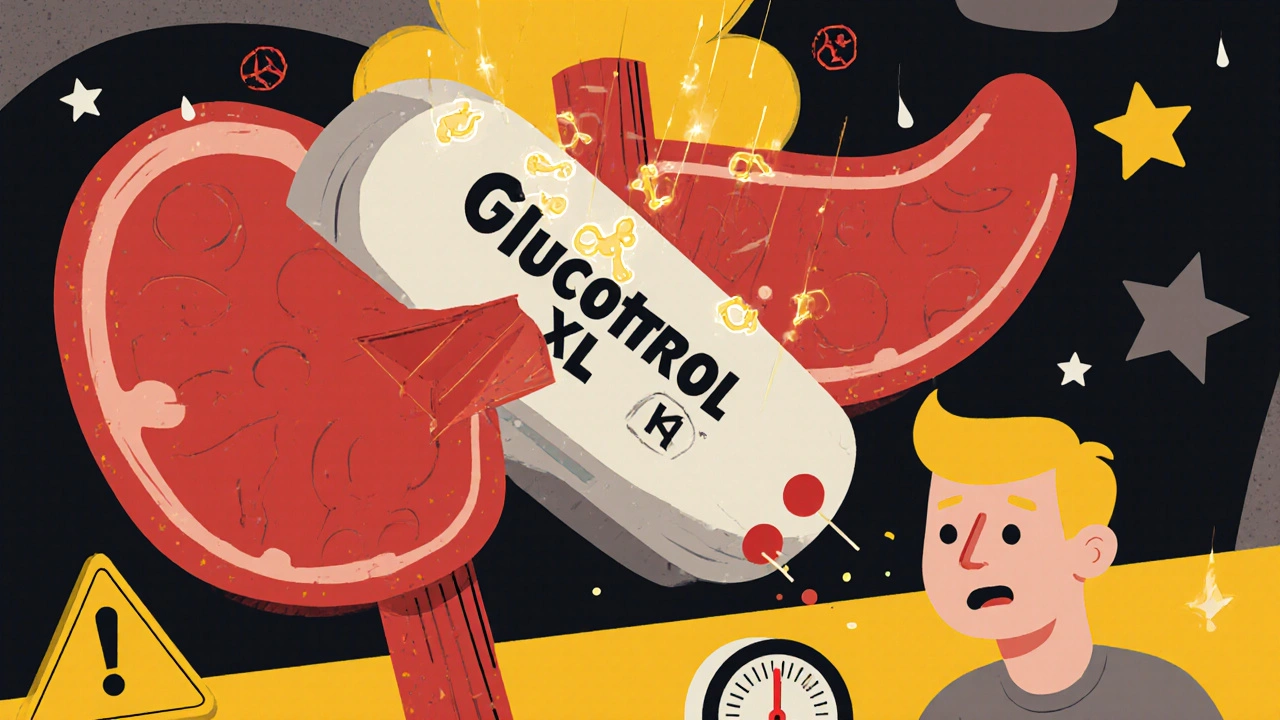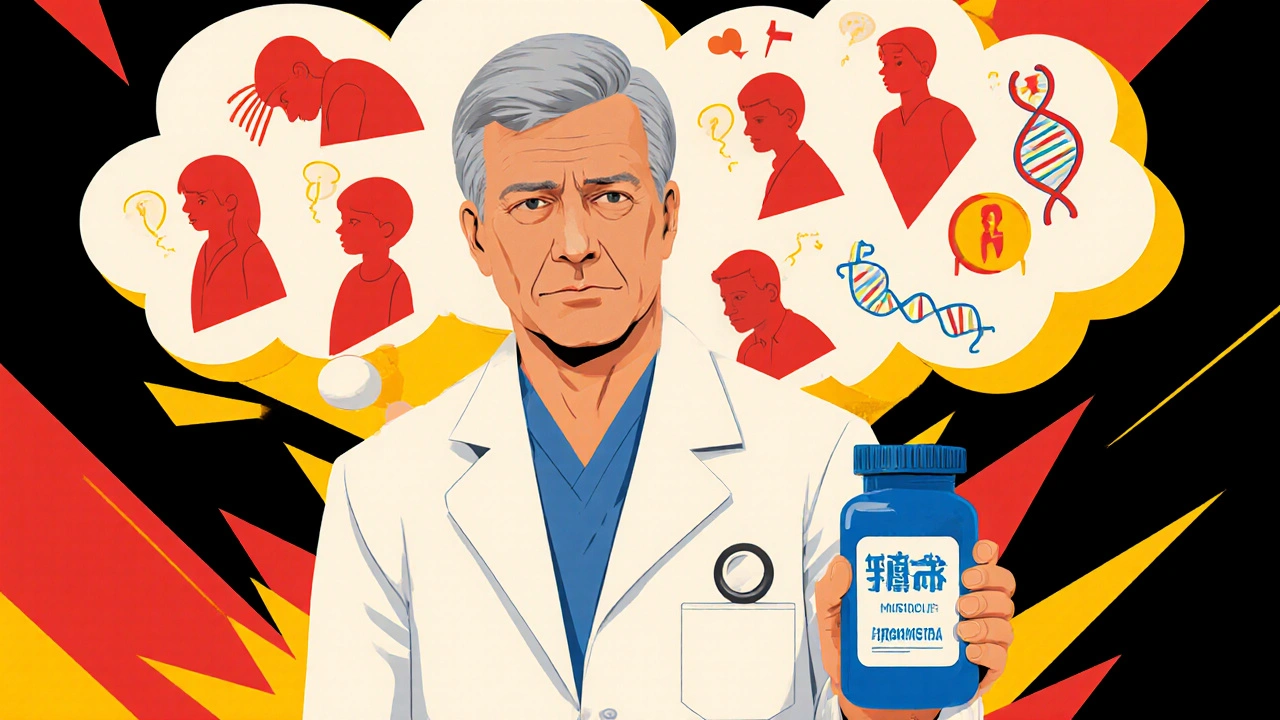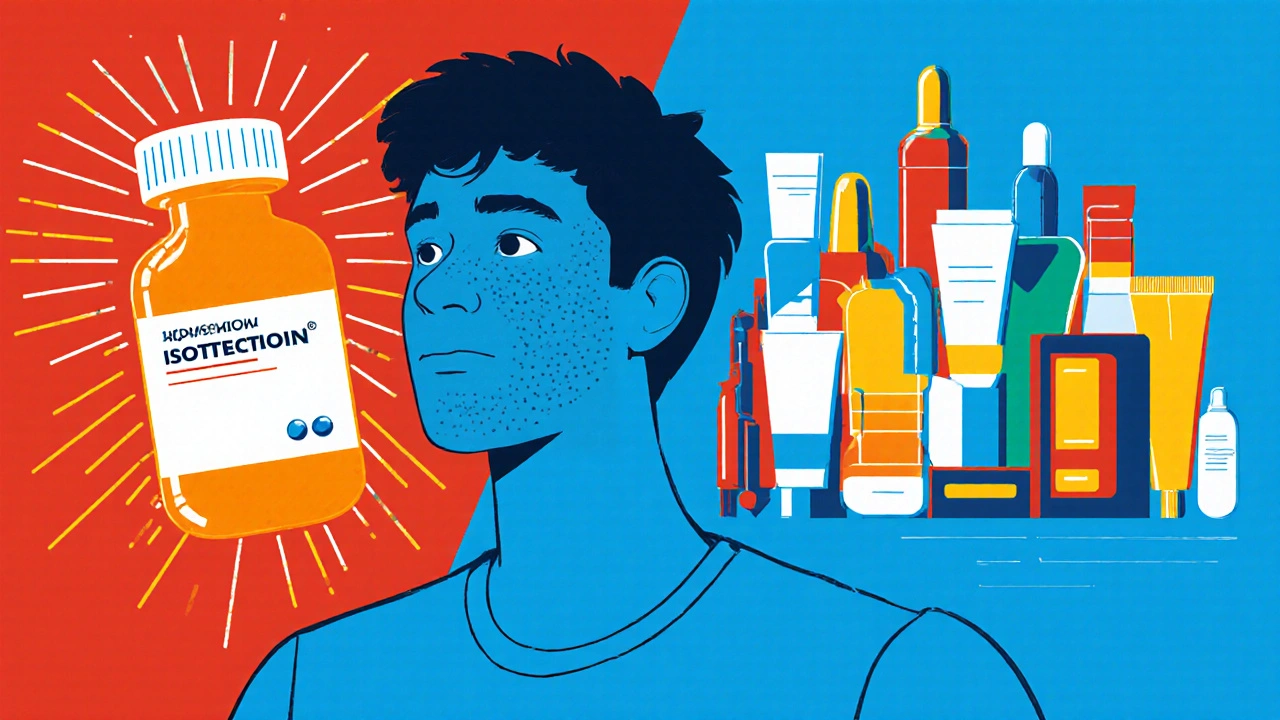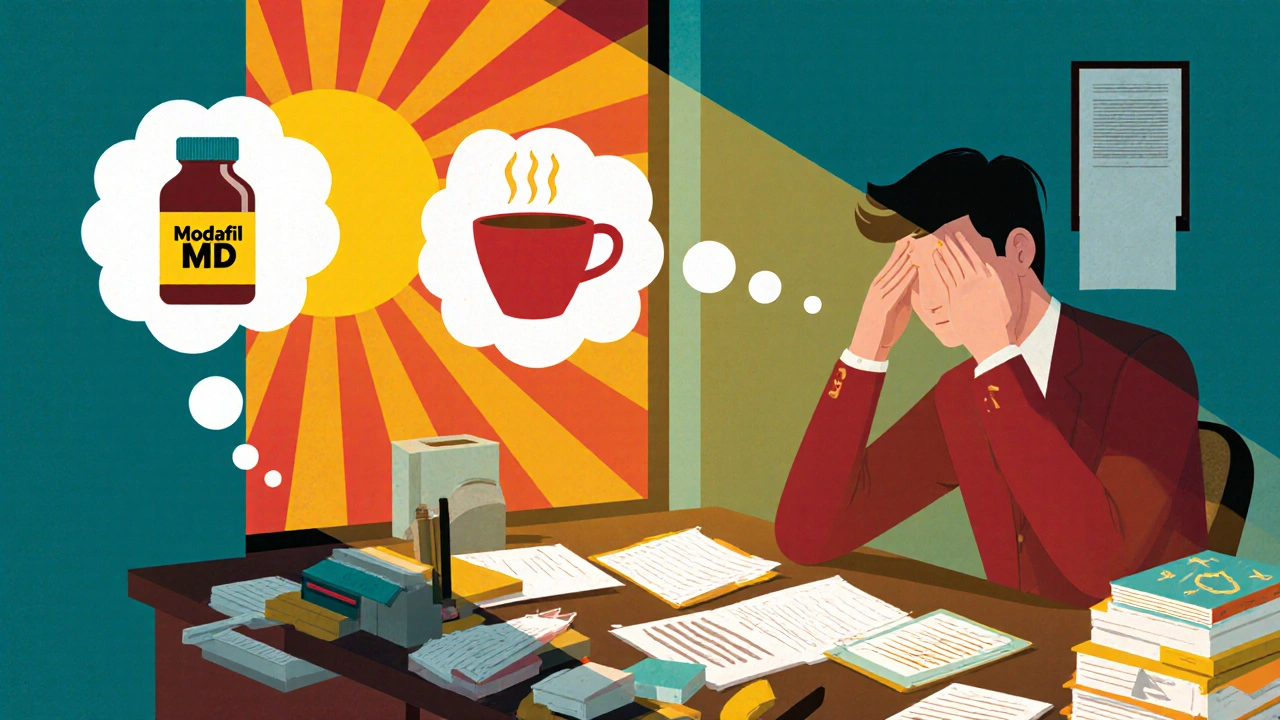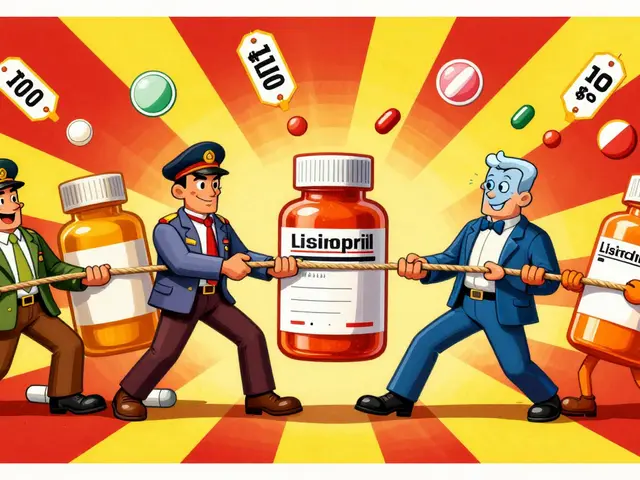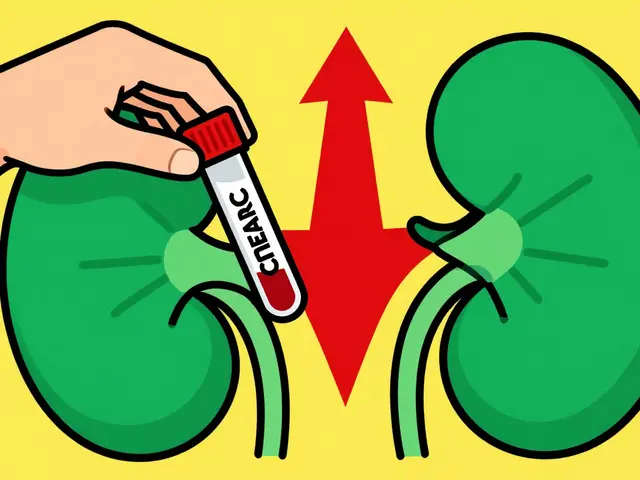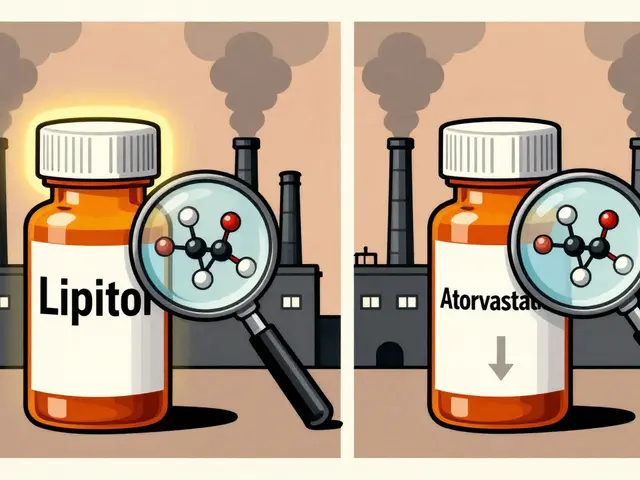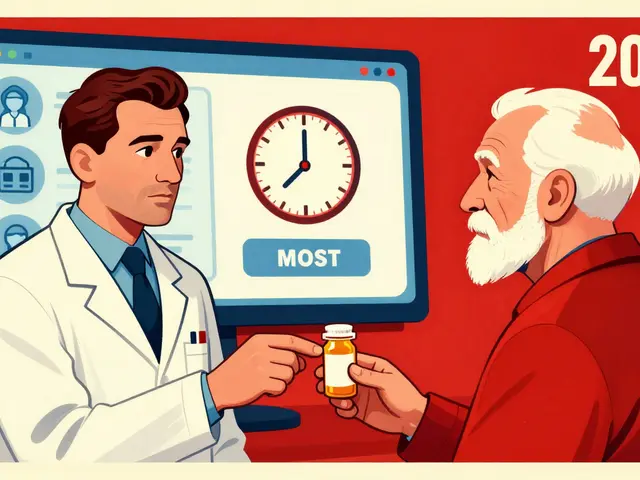Medication Safety and Cognitive Health in 2025: Key Insights and Treatment Comparisons
When you take a pill for sleep, allergies, or pain, you might not realize it’s part of a larger system called medication safety, the practice of using drugs in ways that minimize harm while maximizing benefit. Also known as drug risk management, it’s not just about avoiding overdoses—it’s about spotting slow, silent dangers like cognitive decline, a gradual loss of memory, focus, or decision-making ability often linked to long-term drug combinations. Many people over 50 take antihistamines like Benadryl nightly, unaware that stacking them with other meds can build up an anticholinergic burden, the total effect of drugs that block acetylcholine, a key brain chemical. This hidden combo is linked to higher dementia risk, falls, and hospital stays.
It’s not just brain health. diabetes medications, drugs designed to control blood sugar in type 2 diabetes aren’t all equal. Glucotrol XL, metformin, Jardiance—they work differently, affect your heart and kidneys differently, and some are safer long-term than others. Then there’s antibiotic alternatives, other drugs used when first-line antibiotics like roxithromycin or ciprofloxacin don’t work or cause side effects. Doctors don’t always pick the most popular option. They often use off-label drug use, prescribing a drug for a condition not officially approved by the FDA because real-world evidence shows it works better for certain patients. That’s why you’ll find guides comparing everything from Ventolin inhalers to ED pills—each post breaks down what actually works, not just what’s advertised.
What you’ll find here isn’t a list of random articles. It’s a practical field guide to the real choices people face: which sleep aid won’t fog your brain, which diabetes pill protects your kidneys, which antibiotic avoids stomach chaos, and how to spot a dangerous combo before it’s too late. These aren’t theory pieces—they’re based on what patients are actually dealing with in 2025. Whether you’re managing a chronic condition, helping an aging parent, or just trying to avoid a bad reaction, this collection gives you the clear, no-fluff facts you need to ask better questions and make smarter calls.


